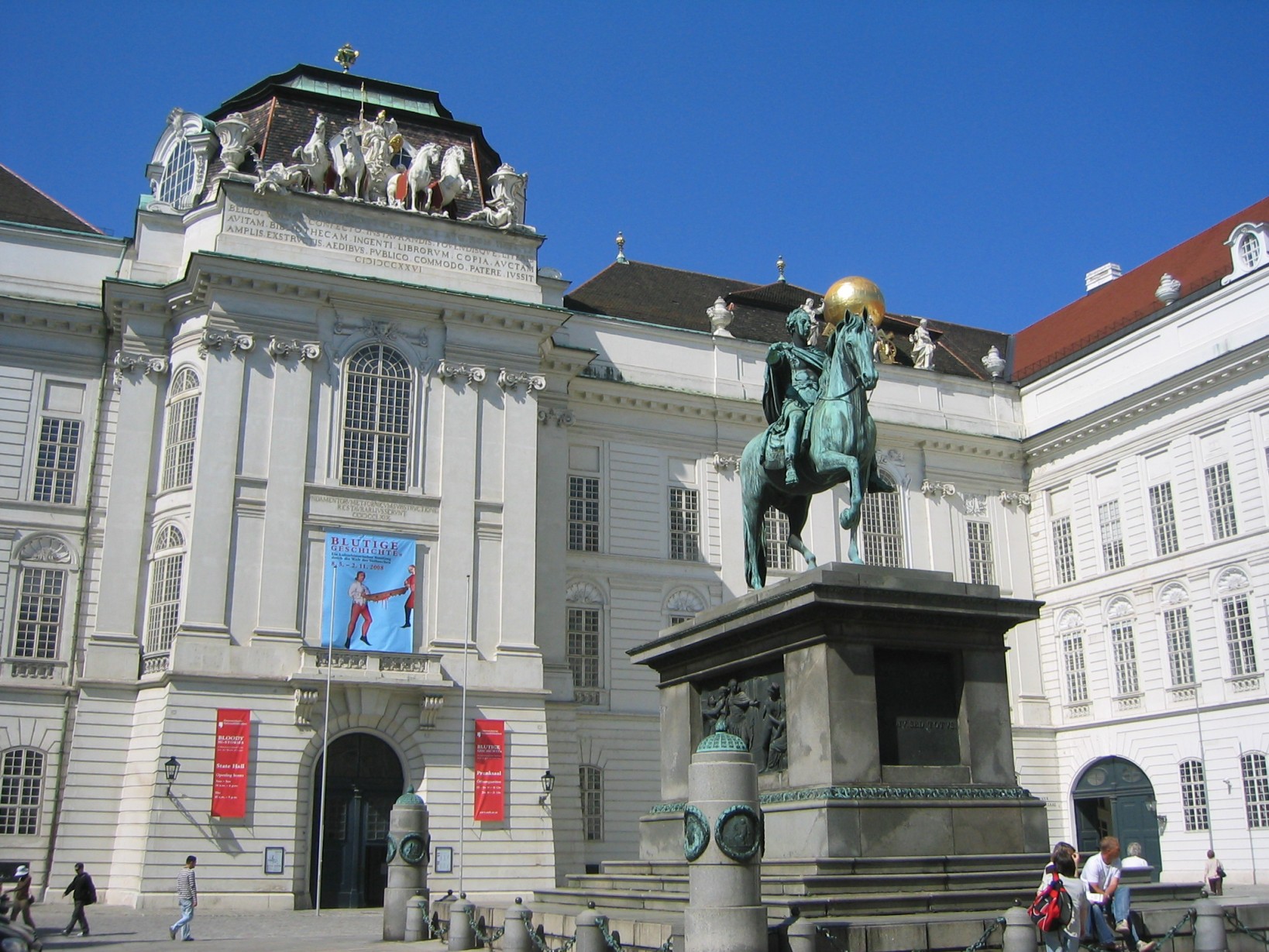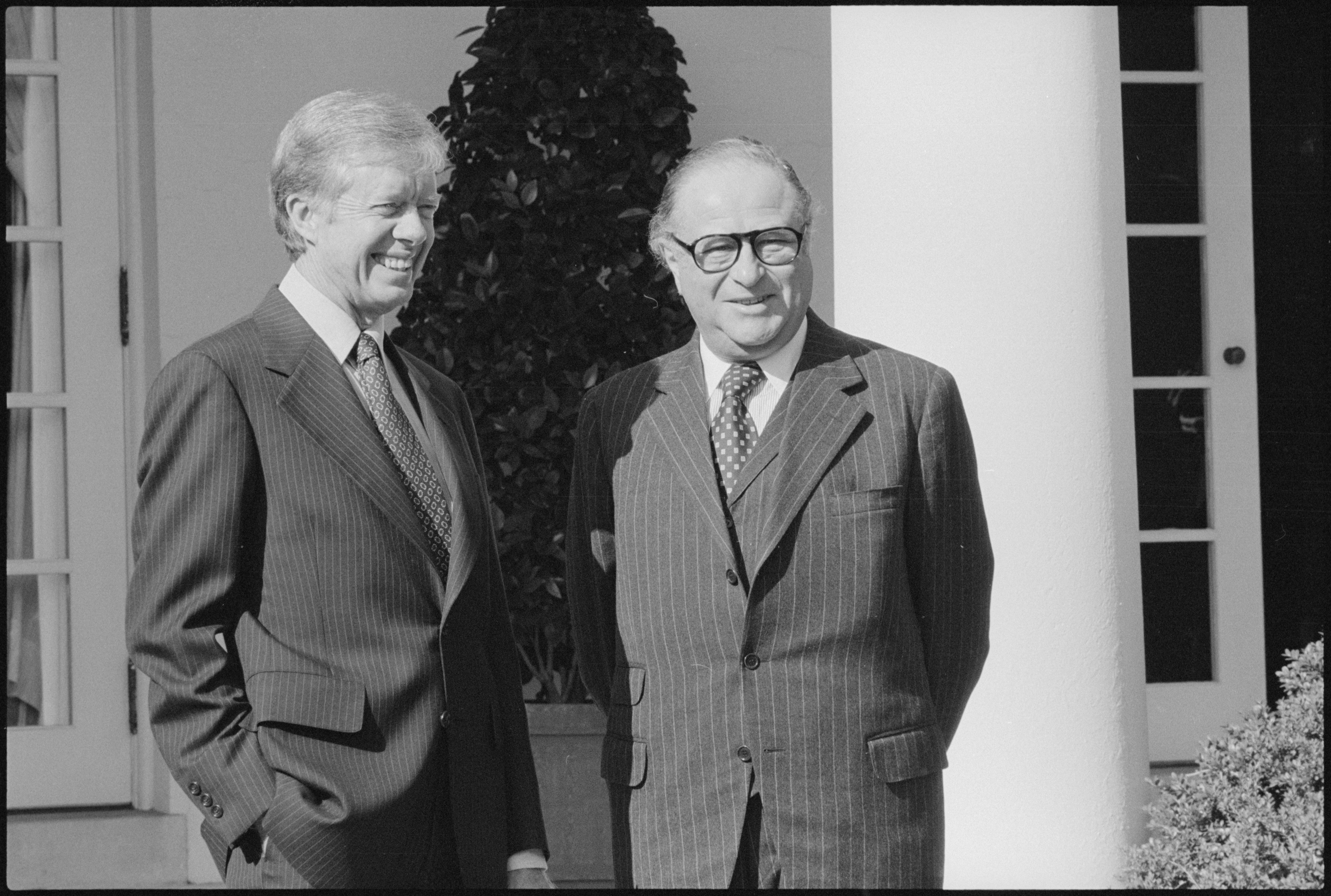|
Ministry Of Education, Science And Research
The Ministry of Education (German: ''Bundesministerium für Bildung, Wissenschaft und Forschung'', ''Bildungsministerium'', historically also ''Unterrichtsministerium'') is the government ministry of Austria in charge of public schools and academic institutions. The current head of the Ministry is Martin Polaschek. The ministry was first created in 1848 as the Ministry of Public Schools (''Ministerium für öffentlichen Unterricht''). As of 2018, the agency's official name is Ministry of Education, Science and Research (''Bundesministerium für Bildung, Wissenschaft und Forschung'' or ''BMBWF''). Responsibilities The Ministry is responsible for all matters regarding public education, including general education, vocational preparatory schools, Adult education, educational research and the Pedagogical Universities. History The Ministry was first founded in 1848 in the wake of the Bourgeois revolution. Back then, it was named "Ministry for Cultus and Education" and included ... [...More Info...] [...Related Items...] OR: [Wikipedia] [Google] [Baidu] |
Austria
Austria, , bar, Östareich officially the Republic of Austria, is a country in the southern part of Central Europe, lying in the Eastern Alps. It is a federation of nine states, one of which is the capital, Vienna, the most populous city and state. A landlocked country, Austria is bordered by Germany to the northwest, the Czech Republic to the north, Slovakia to the northeast, Hungary to the east, Slovenia and Italy to the south, and Switzerland and Liechtenstein to the west. The country occupies an area of and has a population of 9 million. Austria emerged from the remnants of the Eastern and Hungarian March at the end of the first millennium. Originally a margraviate of Bavaria, it developed into a duchy of the Holy Roman Empire in 1156 and was later made an archduchy in 1453. In the 16th century, Vienna began serving as the empire's administrative capital and Austria thus became the heartland of the Habsburg monarchy. After the dissolution of the H ... [...More Info...] [...Related Items...] OR: [Wikipedia] [Google] [Baidu] |
School Of Education
In the United States and Canada, a school of education (or college of education; ed school) is a division within a university that is devoted to scholarship in the field of education, which is an interdisciplinary branch of the social sciences encompassing sociology, psychology, linguistics, economics, political science, public policy, history, and others, all applied to the topic of elementary, secondary, and post-secondary education. The U.S. has 1,206 schools, colleges and departments of education and they exist in 78 per cent of all universities and colleges. According to the National Center for Education Statistics, 176,572 individuals were conferred master's degrees in education by degree-granting institutions in the United States in 2006–2007. The number of master's degrees conferred has grown immensely since the 1990s and accounts for one of the discipline areas that awards the highest number of master's degrees in the United States. History and areas of interest Scho ... [...More Info...] [...Related Items...] OR: [Wikipedia] [Google] [Baidu] |
Education Ministries
Education is a purposeful activity directed at achieving certain aims, such as transmitting knowledge or fostering skills and character traits. These aims may include the development of understanding, rationality, kindness, and honesty. Various researchers emphasize the role of critical thinking in order to distinguish education from indoctrination. Some theorists require that education results in an improvement of the student while others prefer a value-neutral definition of the term. In a slightly different sense, education may also refer, not to the process, but to the product of this process: the mental states and dispositions possessed by educated people. Education originated as the transmission of cultural heritage from one generation to the next. Today, educational goals increasingly encompass new ideas such as the liberation of learners, skills needed for modern society, empathy, and complex vocational skills. Types of education are commonly divided into formal, ... [...More Info...] [...Related Items...] OR: [Wikipedia] [Google] [Baidu] |
Vienna Philharmonic
The Vienna Philharmonic (VPO; german: Wiener Philharmoniker, links=no) is an orchestra that was founded in 1842 and is considered to be one of the finest in the world. The Vienna Philharmonic is based at the Musikverein in Vienna, Austria. Its members are selected from the orchestra of the Vienna State Opera. Selection involves a lengthy process, with each musician demonstrating their capability for a minimum of three years' performance for the opera and ballet. After this probationary period, the musician may request an application for a position in the orchestra from the Vienna Philharmonic's board. History Precursors and formation Until the 1830s, orchestral performance in Vienna was done by ''ad hoc'' orchestras, consisting of professional and (often) amateur musicians brought together for specific performances. In 1833, Franz Lachner formed the forerunner of the Vienna Philharmonic, the – an orchestra of professional musicians from the Vienna Court Opera (''Wiener Hof ... [...More Info...] [...Related Items...] OR: [Wikipedia] [Google] [Baidu] |
Austrian National Library
The Austrian National Library (german: Österreichische Nationalbibliothek) is the largest library in Austria, with more than 12 million items in its various collections. The library is located in the Neue Burg Wing of the Hofburg in center of Vienna. Since 2005, some of the collections have been relocated within the Baroque structure of the Palais Mollard-Clary. Founded by the Habsburgs, the library was originally called the Imperial Court Library (german: Kaiserliche Hofbibliothek); the change to the current name occurred in 1920, following the end of the Habsburg Monarchy and the proclamation of the Austrian Republic. The library complex includes four museums, as well as multiple special collections and archives. Middle Ages The institution has its origin in the imperial library of the Middle Ages. During the Medieval period, the Austrian Duke Albert III (1349–1395) moved the books of the Viennese vaults into a library. Albert also arranged for important works from La ... [...More Info...] [...Related Items...] OR: [Wikipedia] [Google] [Baidu] |
Federal Minister Of Science, Research And Economy
Federal or foederal (archaic) may refer to: Politics General *Federal monarchy, a federation of monarchies *Federation, or ''Federal state'' (federal system), a type of government characterized by both a central (federal) government and states or regional governments that are partially self-governing; a union of states *Federal republic, a federation which is a republic *Federalism, a political philosophy *Federalist, a political belief or member of a political grouping *Federalization, implementation of federalism Particular governments *Federal government of the United States **United States federal law **United States federal courts *Government of Argentina *Government of Australia *Government of Pakistan *Federal government of Brazil *Government of Canada *Government of India *Federal government of Mexico * Federal government of Nigeria *Government of Russia *Government of South Africa *Government of Philippines Other *''The Federalist Papers'', critical early arguments in fa ... [...More Info...] [...Related Items...] OR: [Wikipedia] [Google] [Baidu] |
Bruno Kreisky
Bruno Kreisky (; 22 January 1911 – 29 July 1990) was an Austrian social democratic politician who served as Foreign Minister from 1959 to 1966 and as Chancellor from 1970 to 1983. Aged 72 at the end of his chancellorship, he was the oldest Chancellor after World War II. His 13-year tenure was the longest of any Chancellor in republican Austria. With his 13-year chancellorship, known as the Kreisky era, he is one of the most important political figures in the country as well as in Western European social democracy. Partly at the same time as him, the Social Democrats Willy Brandt of West Germany and Olof Palme of Sweden were heads of government, with whom he worked closely in the Socialist International. Life and political career Kreisky was born in Margareten, a district of Vienna, to a non-observant Jewish family. His parents were Max Kreisky (1876, Klattau – 1944) and Irene Kreisky née Felix (1884, Třebíč – 1969). His father worked as a textile manufacturer. 100t ... [...More Info...] [...Related Items...] OR: [Wikipedia] [Google] [Baidu] |
First Austrian Republic
The First Austrian Republic (german: Erste Österreichische Republik), officially the Republic of Austria, was created after the signing of the Treaty of Saint-Germain-en-Laye on 10 September 1919—the settlement after the end of World War I which ended the Habsburg rump state of Republic of German-Austria—and ended with the establishment of the Austrofascist Federal State of Austria based upon a dictatorship of Engelbert Dollfuss and the Fatherland's Front in 1934. The Republic's constitution was enacted on 1 October 1920 and amended on 7 December 1929. The republican period was increasingly marked by violent strife between those with left-wing and right-wing views, leading to the July Revolt of 1927 and the Austrian Civil War of 1934. Foundation In September 1919, the rump state of German-Austria– now effectively reduced to the Alpine and Danubian crownlands of the Austrian Empire – was given reduced borders by the Treaty of Saint Germain, which ceded German-popula ... [...More Info...] [...Related Items...] OR: [Wikipedia] [Google] [Baidu] |
Revolutions Of 1848 In The Austrian Empire
The Revolutions of 1848 in the Austrian Empire were a set of revolutions that took place in the Austrian Empire from March 1848 to November 1849. Much of the revolutionary activity had a nationalist character: the Empire, ruled from Vienna, included ethnic Germans, Hungarians, Slovenes, Poles, Czechs, Slovaks, Ruthenians (Ukrainians), Romanians, Croats, Venetians and Serbs; all of whom attempted in the course of the revolution to either achieve autonomy, independence, or even hegemony over other nationalities. The nationalist picture was further complicated by the simultaneous events in the German states, which moved toward greater German national unity. Besides these nationalists, liberal and even socialist currents resisted the Empire's longstanding conservatism. Preamble The events of 1848 were the product of mounting social and political tensions after the Congress of Vienna of 1815. During the "pre-March" period, the already conservative Austrian Empire moved further aw ... [...More Info...] [...Related Items...] OR: [Wikipedia] [Google] [Baidu] |
Educational Research
Educational research refers to the systematic collection and analysis of data related to the field of education. Research may involve a variety of methods and various aspects of education including student learning, teaching methods, teacher training, and classroom dynamics. Educational researchers generally agree that research should be rigorous and systematic. However, there is less agreement about specific standards, criteria and research procedures. As a result, the value and quality of educational research has been questioned. Educational researchers may draw upon a variety of disciplines including psychology, economics, sociology, anthropology, and philosophy. Methods may be drawn from a range of disciplines. Conclusions drawn from an individual research study may be limited by the characteristics of the participants who were studied and the conditions under which the study was conducted. General characteristics Gary Anderson outlined ten aspects of educational research: ... [...More Info...] [...Related Items...] OR: [Wikipedia] [Google] [Baidu] |
Palais Dietrichstein-Ulfeld
{{disambig, surname ...
Palais () may refer to: * Dance hall, popularly a ''palais de danse'', in the 1950s and 1960s in the UK * ''Palais'', French for palace **Grand Palais, the Grand Palais des Champs-Elysées **Petit Palais, an art museum in Paris * Palais River in the French ''département'' of Deux-Sèvres * Palais Theatre, historic cinema ("picture palace") in Melbourne, Australia *Richard Palais (born 1931), American mathematician *Le Palais, a commune in Morbihan departement, France See also *Palais Royal (other) * Palai (other) * Palace (other) * Palas (other) A palas is that part of a medieval imperial palace or castle which contains the great hall and other prestigious state rooms. Palas may also refer to: Places * Palas, Iran, a village in Iran * Palas, a former commune, nowadays a neighbourhood in ... [...More Info...] [...Related Items...] OR: [Wikipedia] [Google] [Baidu] |





.jpg)